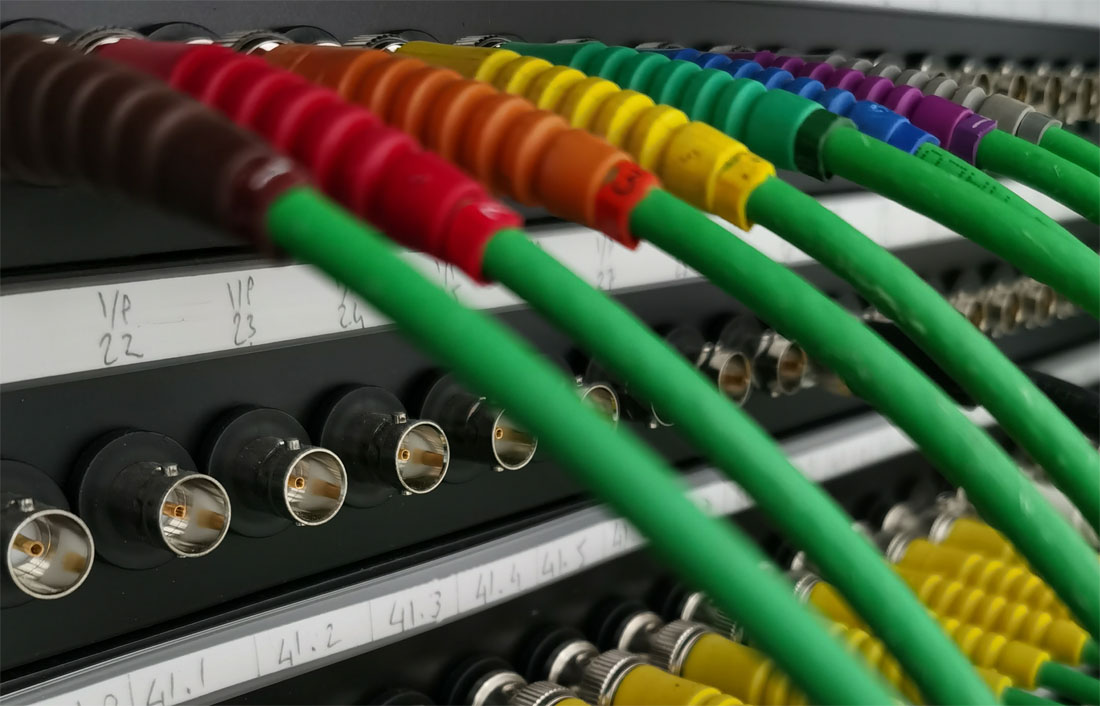FCC decides who will have to track retrans blackouts

Subscribe to NCS for the latest news, project case studies and product announcements in broadcast technology, creative design and engineering delivered to your inbox.
The Federal Communications Commission has been focused on initiatives to better track when local stations go dark on cable and satellite TV systems over retransmission disputes — and it’s now issued guidance on who’s responsible for keeping tracking of that.
It turns out that the burden will fall on the pay TV companies, not the TV stations.
A Dec. 21, 2023, overview of the decision indicated the agency felt that having pay TV providers keep track was more practical.
It noted that these provided have “the most ready access to and first-hand knowledge of when and where a broadcast station blackout occurs and which subscribers are affected, thereby ensuring that the (FCC) would receive the most complete, accurate and up-to-date information.”
Having pay TV providers track the blackouts also makes more sense, at least according to the FCC, because it’s cable and satellite companies who stop retransmitting local stations as deals expire and new ones can’t be reached.
At least part of that distinction may be based on the concept that,w hile TV stations and their owner groups certainly still have a role in blackouts, often demanding higher rates than pay TV providers want to pay, at least initially, they are still actively transmitting their signals over the air or to other providers who are under contract.
The FCC is interested in tracking the increasing number of retrans dispute blackouts, which happen when a pay TV provider and local station can’t agree on how much the provider pays the station, typically on a per-subscriber basis, to carry its signal on its platform.
While traditional broadcast TV stations use public airwaves to broadcast and these signals are available free-of-charge to individual consumers directly accessing that signal via a private antenna, the law recognizes that TV stations and networks have a right to charge cable and satellite companies a fee to retransmit their content since they are, in turn, generating revenue from it.
“In 2019 alone, just 18 retransmission consent impasses resulted in 272 station blackouts that spanned 205 markets and affected 26.5 million subscribers,” the FCC noted. Other data estimates blackouts lasted about 171 days on average.
The disputes typically see stations wanting more money for their content, while pay TV providers want to pay as little as possible in order to increase their own profit margins.
The costs of retransmission fees are ultimately passed along to pay TV providers.
If no agreement is reached between the TV station owner and pay TV provider, the station becomes “blacked out” on the provider, meaning it can’t be watched.
The name is a bit of a misnomer, because typically consumers tuning to the channel will see a screen from the provider attempting to shift blame on the missing channel on the TV station. TV stations, meanwhile, often respond with elaborate social media and digital campaigns pointing the finger at the provider, including giving viewers tools and tips on how to change providers, contact the provider in question with a complaint about the blackout and how to watch the channel without the provider.
Retrans disputes can become especially heated ahead of major TV events such as the Super Bowl, awards ceremonies or other big shows. In some cases, the two parties may agree to a brief extension of the current terms in order to avoid disrupting feeds during these times, but other cases have seen these events used more as a “hostage” in the negotiation.s
In some retrans disputes, a pay TV provider will strike a deal with an out-of-market station to carry its feed in favor of the nearst local station, which may give viewers access to network level programming they would otherwise miss, but productions such as a local news won’t correspond to the exact same area.
Subscribe to NCS for the latest news, project case studies and product announcements in broadcast technology, creative design and engineering delivered to your inbox.



tags
Cable, FCC
categories
Broadcast Business News, Broadcast Industry News, Policy